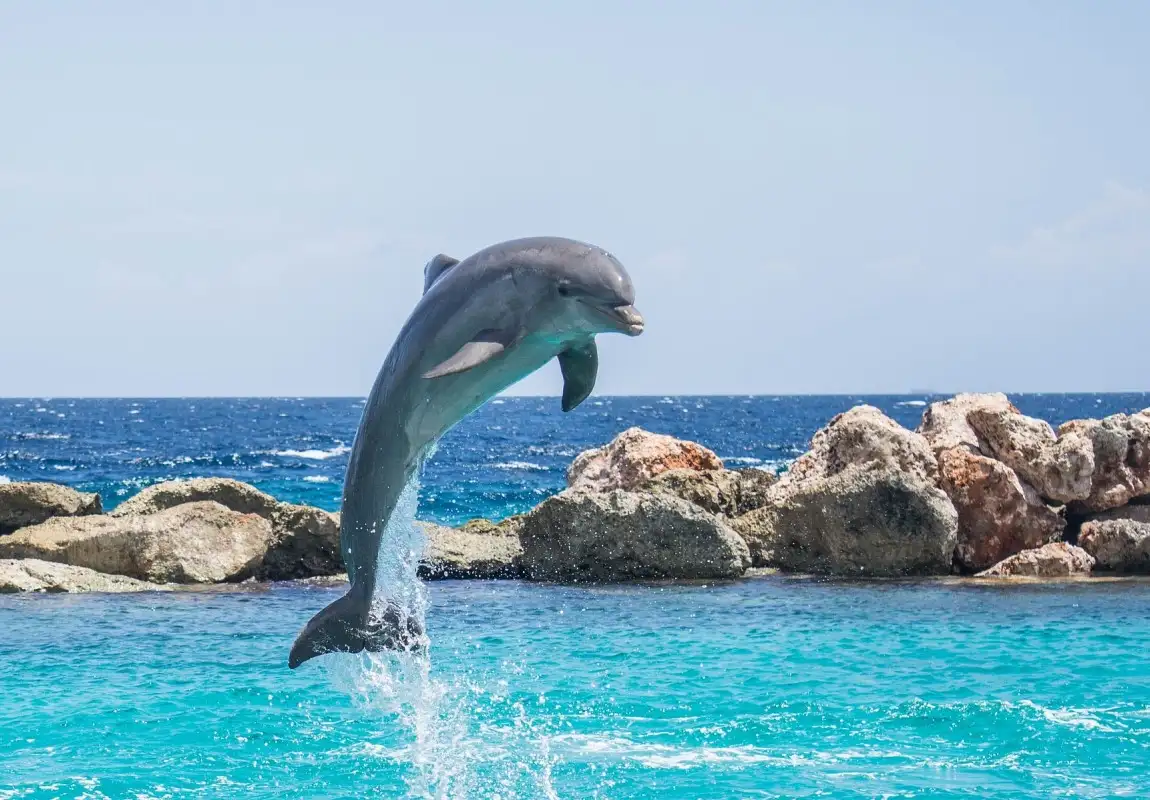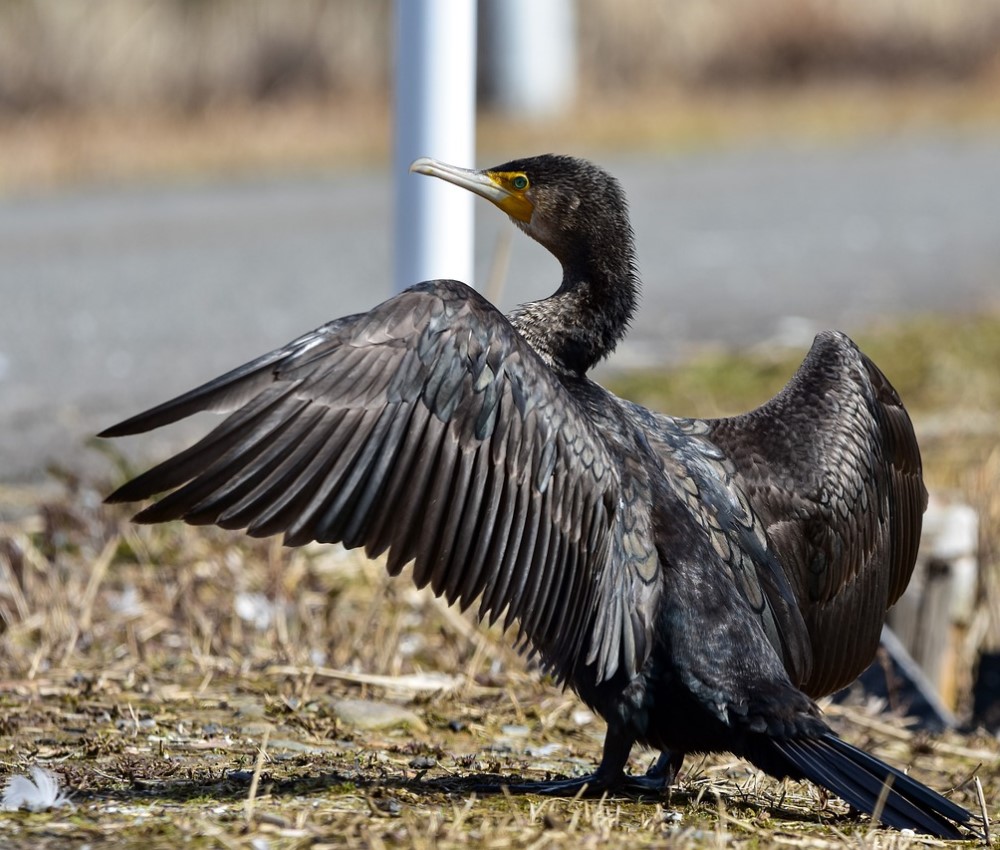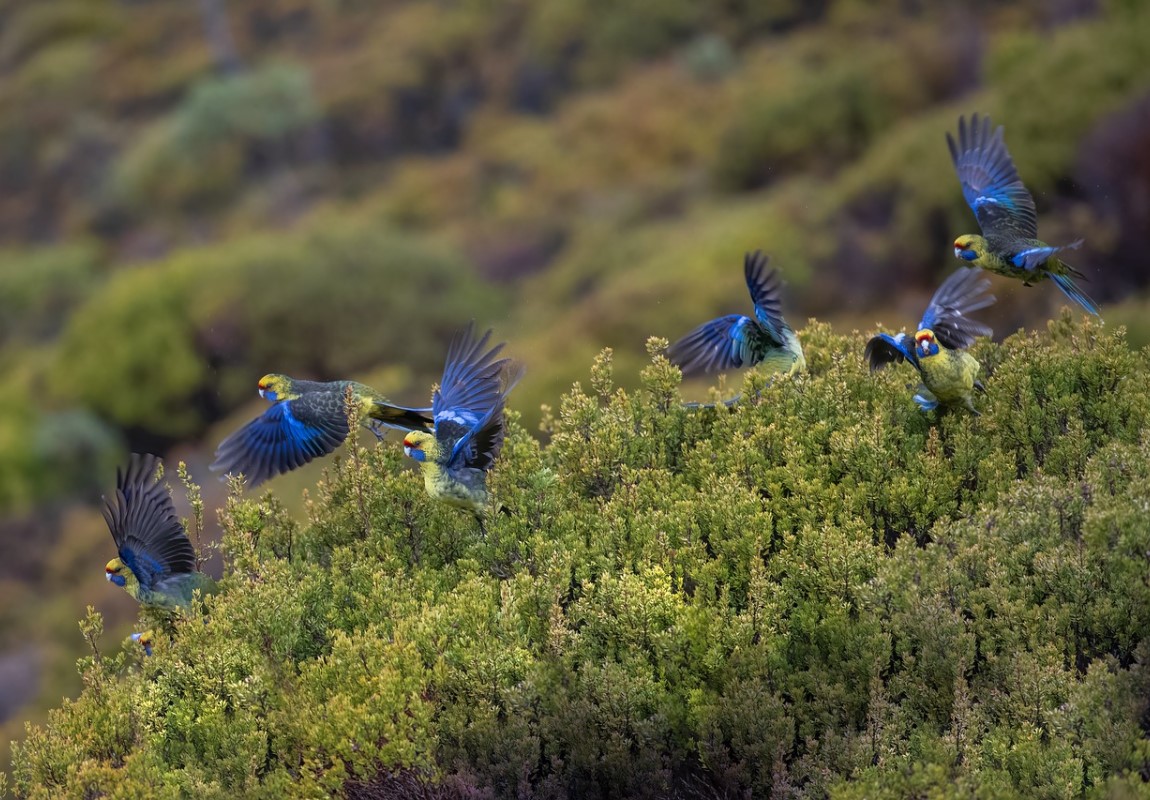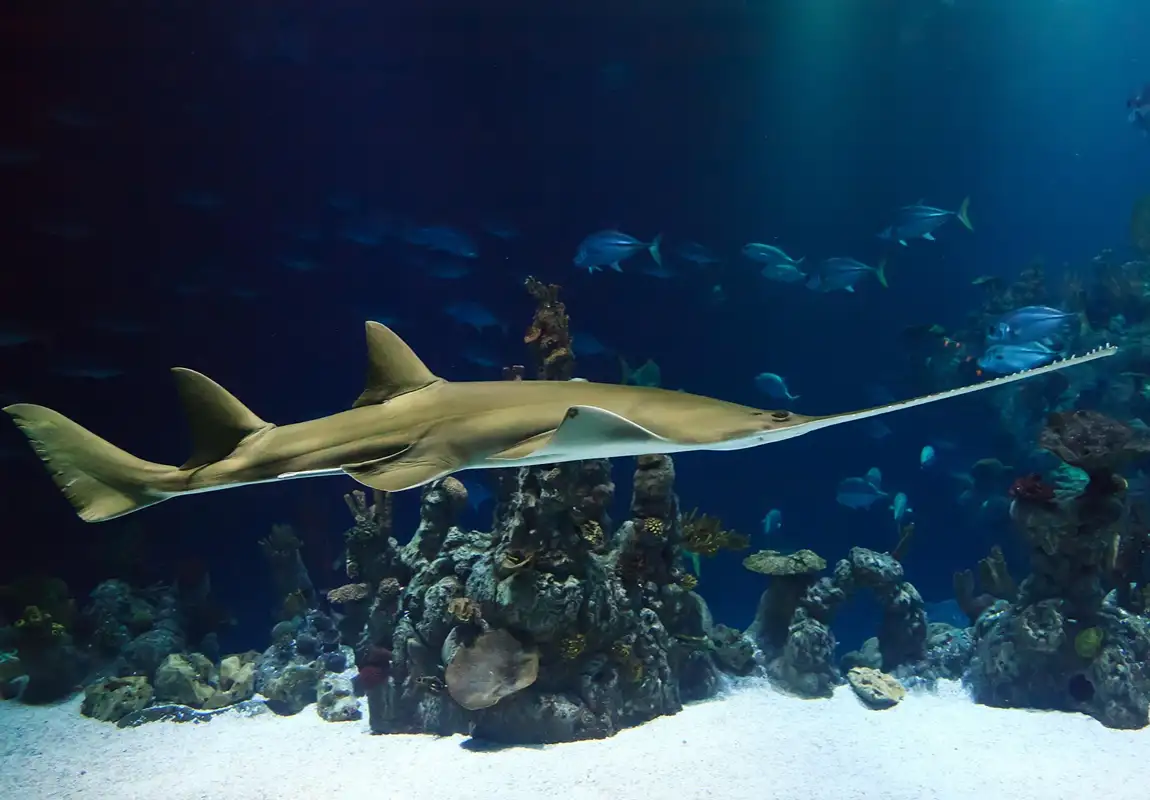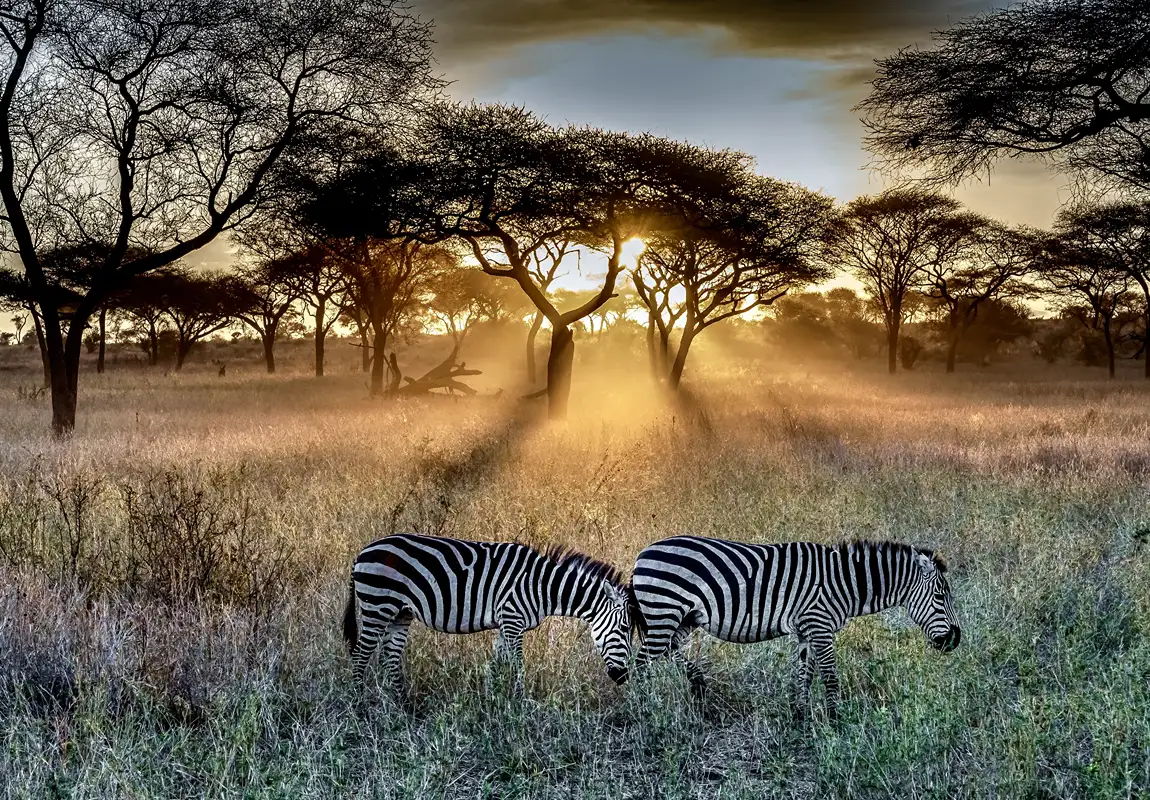Cape Cross Seal Reserve 
Cape Cross Seal Reserve - Namibia Wildlife Destination
Starting from
$500PP
Overview
Cape Cross Seal Reserve is one of Namibia’s most iconic coastal wildlife reserves, located along the desolate Skeleton Coast north of Swakopmund. The reserve is globally famous for hosting one of the largest breeding colonies of Cape fur seals in the world, with populations often exceeding 100,000 individuals during peak season. Rather than a traditional safari destination, Cape Cross offers a raw and unforgettable wildlife spectacle set against a stark Atlantic coastline. The reserve combines dramatic ocean scenery, historical significance linked to early European exploration, and close-up viewing of marine mammals in their natural environment.
Pros & Cons
- One of the world’s largest Cape fur seal colonies
- Exceptional close-up wildlife viewing
- Unique coastal safari experience
- Easy access from Swakopmund
- Strong educational and conservation value
- Strong odor from seal colony
- Limited wildlife diversity beyond seals
- Exposed to wind and coastal weather
- Not suitable for traditional game drives
Map in Namibia
Want to Visit Cape Cross Seal Reserve?
Want to Visit Cape Cross Seal Reserve?
Wildlife & Animals
Wildlife at Cape Cross Seal Reserve is overwhelmingly dominated by marine life, particularly Cape fur seals. The reserve protects critical breeding and resting habitat along the cold Benguela Current, which provides nutrient-rich waters supporting vast fish populations. Terrestrial mammals are minimal, and the wildlife experience is focused on observing seal behavior, breeding interactions, and predator presence along the coast.
Wildlife Highlights
The main highlight is witnessing tens of thousands of Cape fur seals packed along the rocky shoreline during breeding season. Visitors can observe social interactions, vocal communication, and survival behaviors at extremely close range, making it one of Africa’s most intense wildlife encounters.
Best Time for Wildlife Viewing
The best wildlife viewing occurs from November to December, when seal numbers peak during the breeding season. Good viewing is possible year-round.
Want to Visit Cape Cross Seal Reserve?
Birds
Cape Cross supports a variety of coastal and seabird species attracted by the abundant marine food sources. Birds are commonly seen resting among seal colonies or soaring above the shoreline.
Best Time for Birding
Birdwatching is best from October to March, when coastal bird activity is highest and migratory species are present.
Want to Visit Cape Cross Seal Reserve?
Best Time to Visit – Cape Cross Seal Reserve
The best wildlife viewing occurs from November to December, when seal numbers peak during the breeding season. Good viewing is possible year-round.
May to October (Dry Season)
- Cooler temperatures
- Clearer skies
- Comfortable coastal travel
- Lower seal concentrations outside breeding season
- Cold winds along the coast
November to April (Wet Season)
- Peak seal breeding season
- Highest wildlife density
- Excellent photography opportunities
- Strong odor during breeding season
- Higher winds
- Occasional fog
Want to Visit Cape Cross Seal Reserve?
Activities
Explore popular activities available in and around Cape Cross Seal Reserve.
Want to Visit Cape Cross Seal Reserve?
No FAQs available for this park yet.

 English
English French
French






